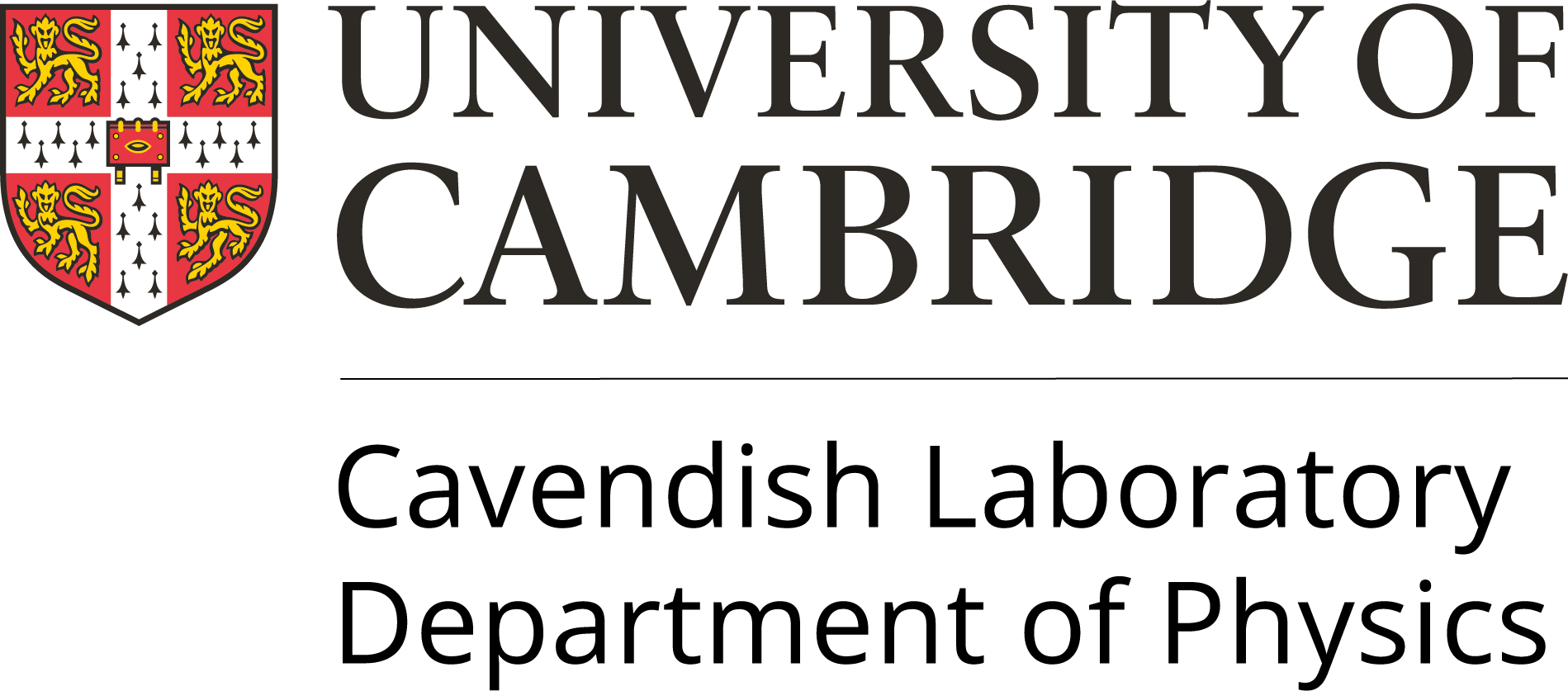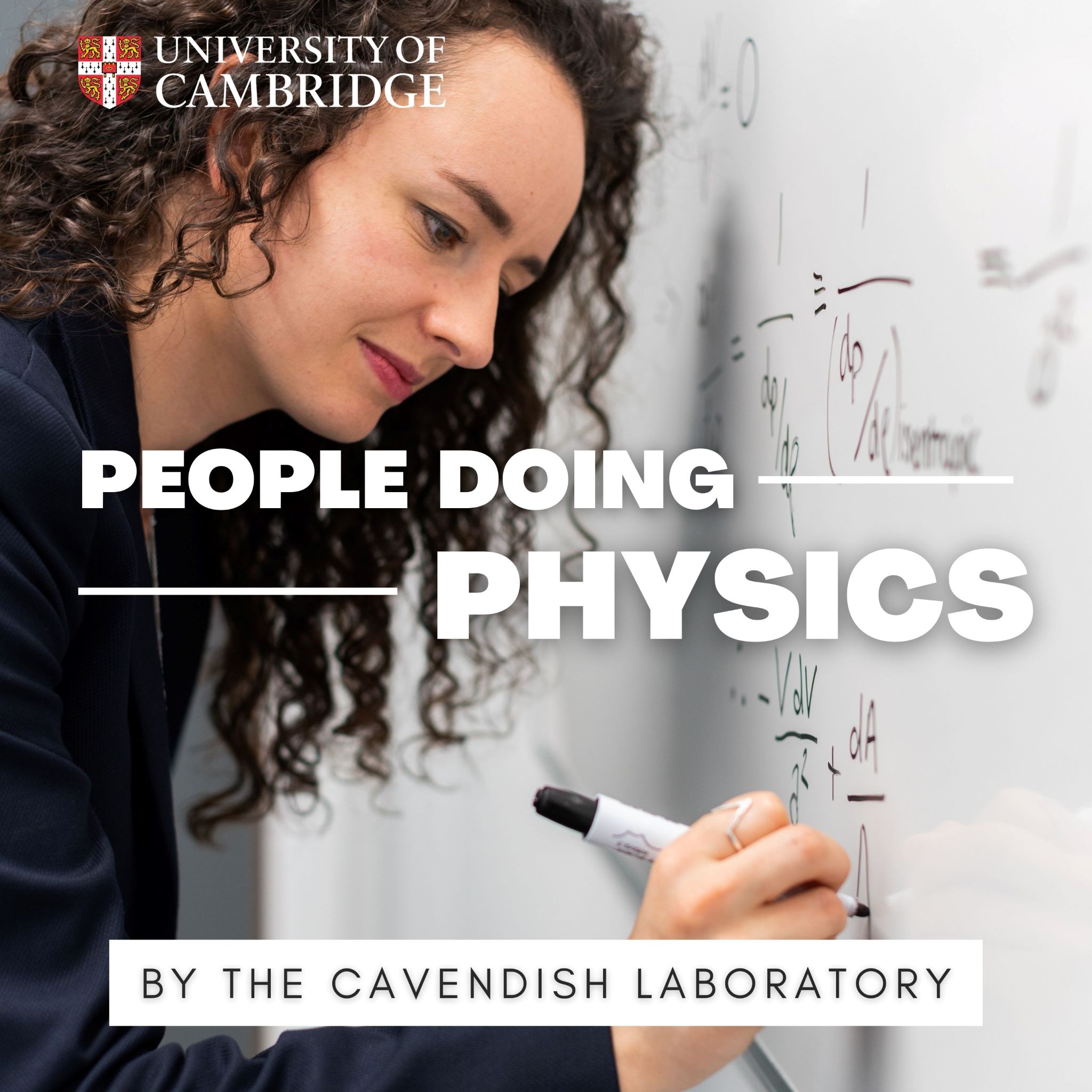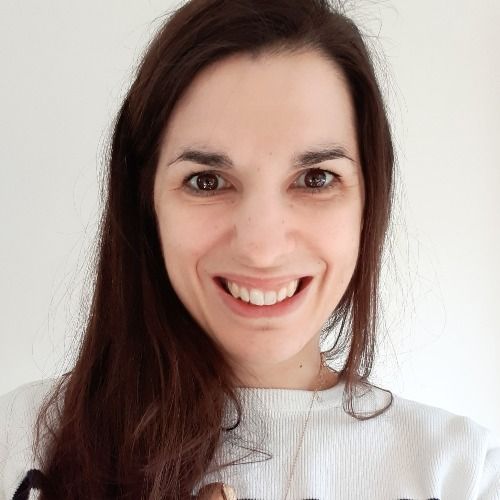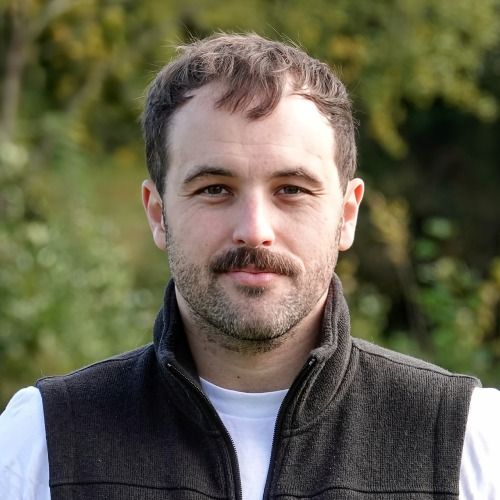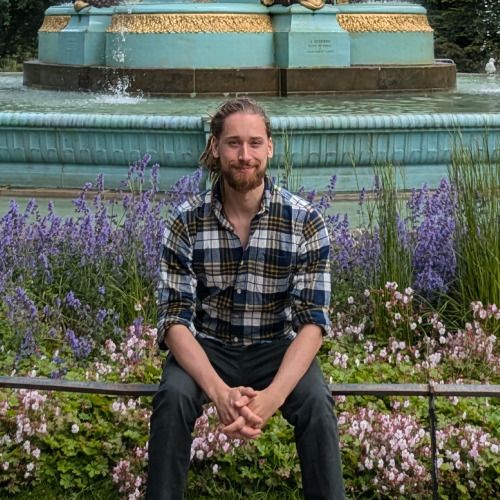Athene Donald: Physics, a way to change the world
Help us get better by taking our quick survey! Your feedback will help us understand how we can improve in the future. Thank you for your time.
We are very excited to present a very special episode this month. The podcast has been recorded with a live audience in the Pippard lecture theatre during the Cavendish Festival. For this special episode, we’re joined by Professor Athene Donald, Emeritus of Experimental Physics at the Cavendish and Master of Churchill College Cambridge. Athene has had an illustrious research career in soft matter physics for which she has received numerous accolades, including the Royal Society Bakerian Medal, the L'Oréal-UNESCO for Women in Science Award, the Institute of Physics' Faraday Medal, and ten honorary doctorates. She is also a strong advocate for women in science and has chaired numerous diversity and gender equality initiatives that seek to improve the representation and career progression of women in STEM.
[00:48] – Guest’s intro
[03:29] – Inspiration to do science and physics
[06:41] – Experience of studying natural sciences at Girton College and overcoming initial difficulties in studying physics
[14:15] – Keeping motivated during the research
[16:48] – Moving to Cornell for post doc and culture shock
[18:18] – Coming back to Cambridge and work in soft matter physics
[19:50] – Studying Mechanical properties of snack foods and using techniques like small angle X-ray scattering
[23:00] – Inspiration behind advocacy of women in science and the book release - Not just for the Boys
[26:33] – Diversity is good for science
[28:05] – Decision on joining Churchill College as Master
[30:32] – Blogging and the book – Not just for the boys
[31:35] – Outreach and policy work
[34:00] – Tackling generalised statements about women and girls in science
[37:02] – Advocacy work and hope for future
[38:05] – Outro
Useful links
- Learn more about Professor Dame Athene Donald and her research group Biological and Soft Systems.
- During the episode Athene discusses her Blog and forthcoming book - Not Just for the Boys.
- To learn more about the Cavendish Laboratory, or if you are interested in joining us or studying with us, go to www.phy.cam.ac.uk
Share and join the conversation
- If you like this episode don’t forget to rate it and leave a review on your favourite podcast app. It really helps others to find us.
- Any comment about the podcast or question you would like to ask our physicists, email us at podcast@phy.cam.ac.uk or join the conversation on Twitter using the hashtag #PeopleDoingPhysics.
Episode credits
- Hosts: Simone Eizagirre Barker and Vanessa Bismuth
- Recording and Editing: Chris Brock
This podcast uses the following third-party services for analysis:
OP3 - https://op3.dev/privacy
